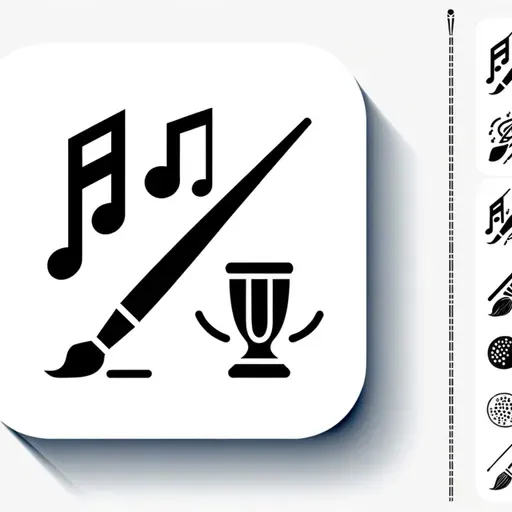
30 August 2025
Mastering Skills: The Science of Effective Practice Beyond Repetition and Towards True Expertise
Practice makes perfect
About
Practice makes perfect is more than a catchy phrase—it reflects one of the most robust findings in psychology: performance reliably improves with repetition. According to cognitive scientist Daniel Willingham, practice isn’t just about acquiring a skill, but making it automatic so that you can apply it without conscious effort. However, he emphasizes that brief or intense bursts of practice only yield short-term perfection—true expertise comes from sustained, ongoing practice that goes beyond the point when a skill first feels mastered.
Carnegie Mellon University researchers recently found that practicing problems with immediate feedback enables learners to more accurately gauge what they actually know, compared to passively listening to lectures. Students who engaged in focused practice learned more efficiently, and those combining practice with elements of motivation and relevance achieved the greatest gains. The key is not just the quantity, but the quality and context of practice.
Athletes, musicians, and chess grandmasters often speak to the power of routine. Take tennis legend Serena Williams, whose career exemplifies relentless, targeted practice with the guidance of expert coaches and attention to feedback. Or virtuoso pianist Lang Lang, who highlights the need for mindful repetition and constant challenge. Both have faced plateaus—periods where progress seems stuck. TeachMe.To, a coaching platform, notes that plateaus are common and sometimes pushing harder alone doesn’t work. Instead, making small changes in routine, seeking outside input, and setting clear goals can reignite progress.
But there’s a psychological side to consider as well. Plateaus can be demotivating, and the relentless pursuit of perfection may lead to stress or even burnout. As experts at Adaptive Strength and Movara emphasize, building mental toughness, setting realistic goals, and prioritizing recovery are essential. Sometimes, the best way to improve is to step back, add variety, or simply rest.
For listeners aiming for mastery, consider practicing past the point of comfort, breaking skills into parts, tracking progress, and seeking feedback. Embrace challenges, but recognize when you need new strategies—or a break. Practice doesn’t always make perfect, but sustained, smart, and balanced practice truly makes better.
This content was created in partnership and with the help of Artificial Intelligence AI
Carnegie Mellon University researchers recently found that practicing problems with immediate feedback enables learners to more accurately gauge what they actually know, compared to passively listening to lectures. Students who engaged in focused practice learned more efficiently, and those combining practice with elements of motivation and relevance achieved the greatest gains. The key is not just the quantity, but the quality and context of practice.
Athletes, musicians, and chess grandmasters often speak to the power of routine. Take tennis legend Serena Williams, whose career exemplifies relentless, targeted practice with the guidance of expert coaches and attention to feedback. Or virtuoso pianist Lang Lang, who highlights the need for mindful repetition and constant challenge. Both have faced plateaus—periods where progress seems stuck. TeachMe.To, a coaching platform, notes that plateaus are common and sometimes pushing harder alone doesn’t work. Instead, making small changes in routine, seeking outside input, and setting clear goals can reignite progress.
But there’s a psychological side to consider as well. Plateaus can be demotivating, and the relentless pursuit of perfection may lead to stress or even burnout. As experts at Adaptive Strength and Movara emphasize, building mental toughness, setting realistic goals, and prioritizing recovery are essential. Sometimes, the best way to improve is to step back, add variety, or simply rest.
For listeners aiming for mastery, consider practicing past the point of comfort, breaking skills into parts, tracking progress, and seeking feedback. Embrace challenges, but recognize when you need new strategies—or a break. Practice doesn’t always make perfect, but sustained, smart, and balanced practice truly makes better.
This content was created in partnership and with the help of Artificial Intelligence AI